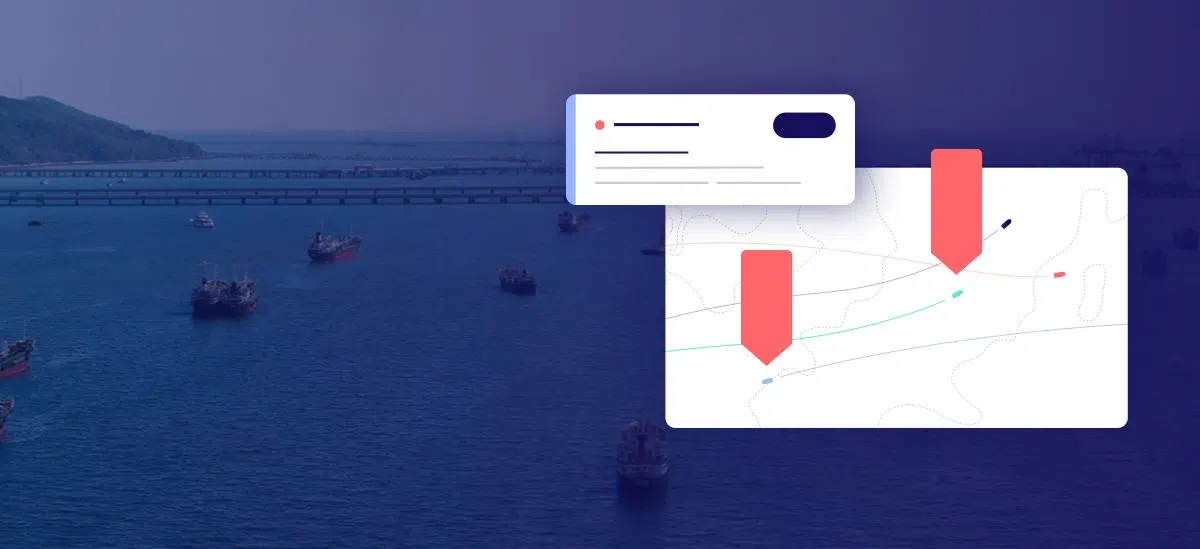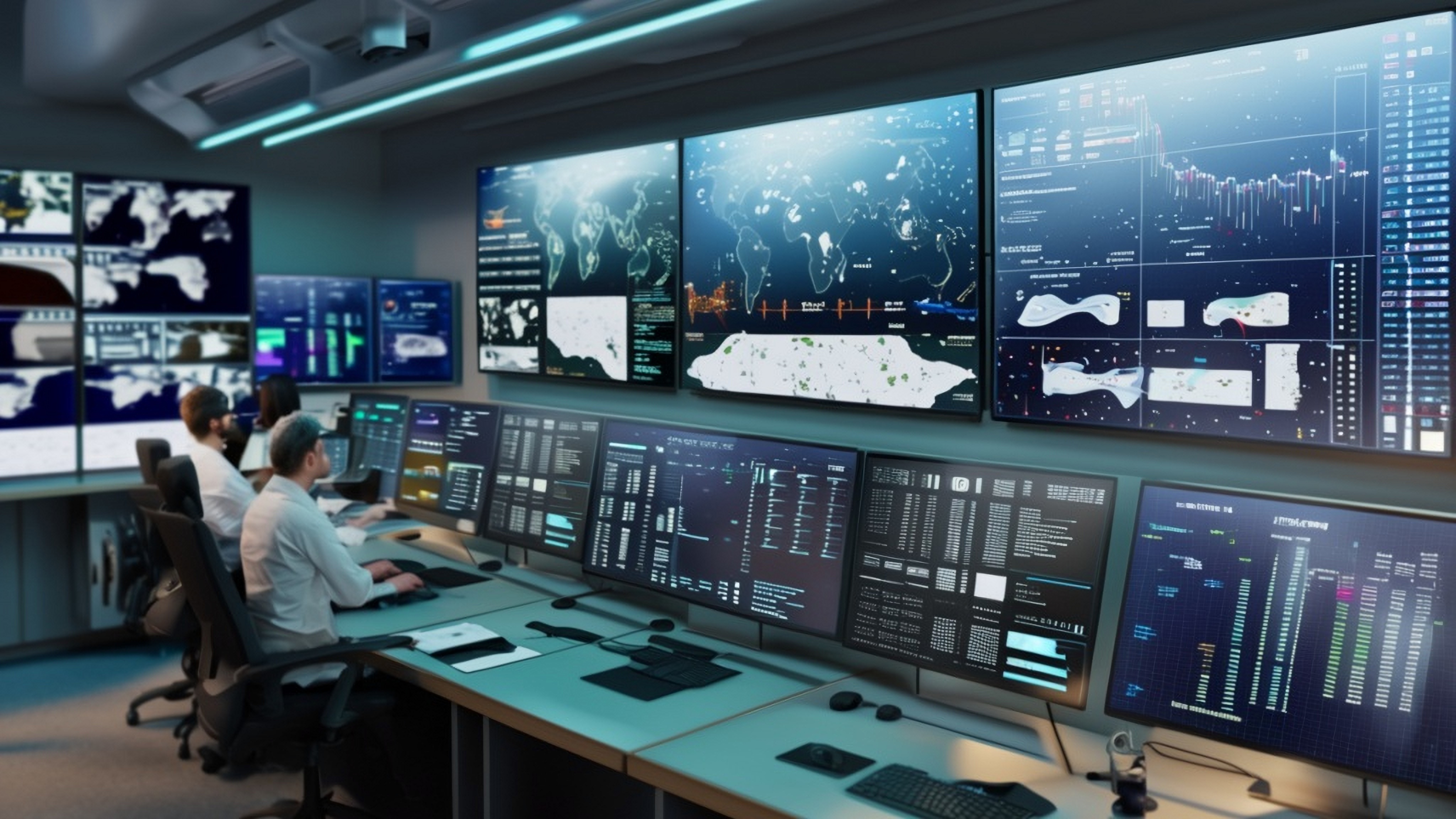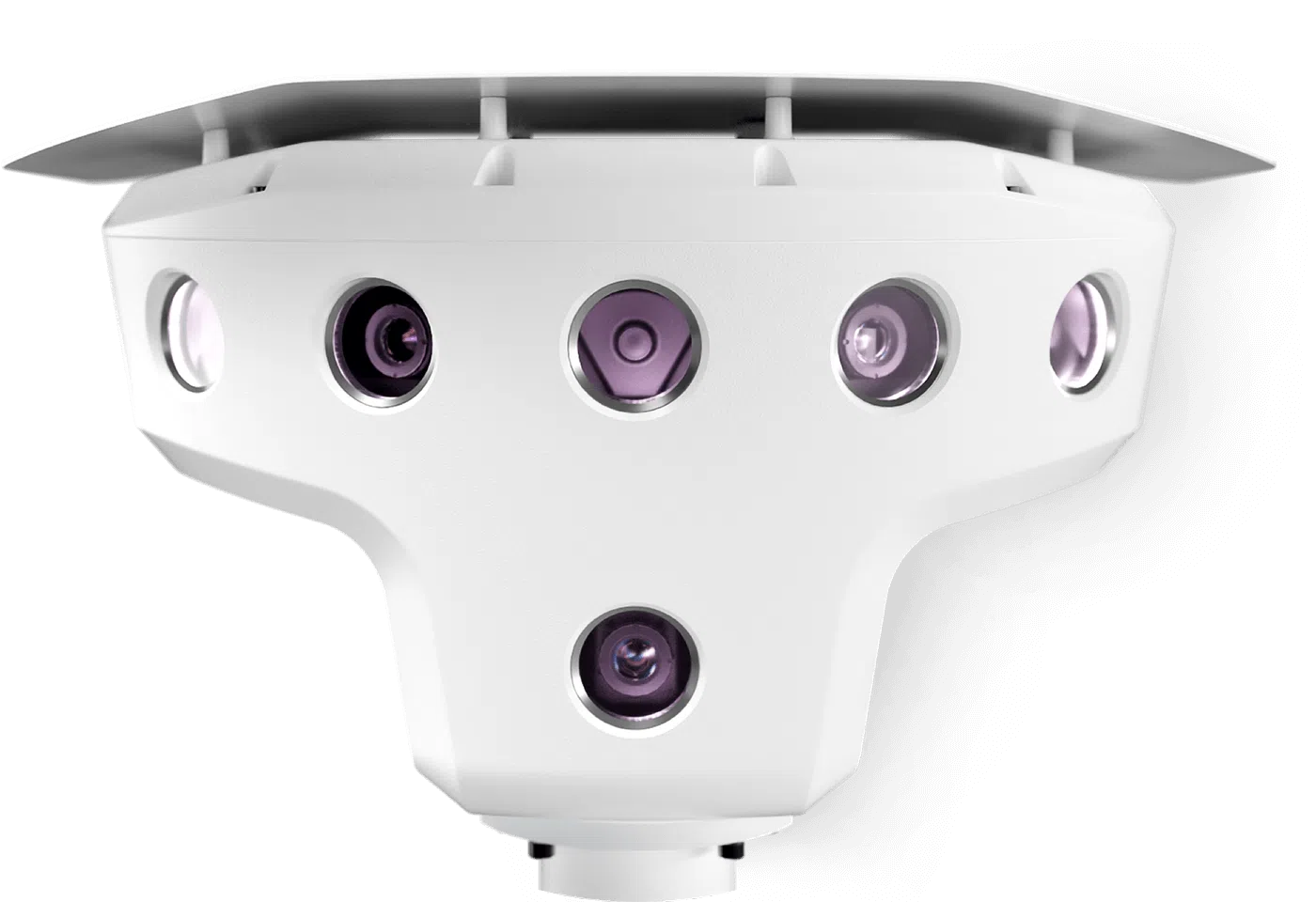Effective maritime fleet management relies on accurate data. In the past decade, advancements in satellite technology, internet connectivity, and sophisticated software have transformed maritime operations by enabling real-time data access for vessels. This shift from delayed information to immediate transmission allows vessels to function as connected mobile offices, enhancing communication between onboard crews and shore teams.
Real-time data streaming significantly improves vessel performance and regulatory compliance. AI-based maritime systems process raw data into actionable insights, generating precise analyses for various applications. This rapid data processing supports vessel optimization and enhances asset utilization in scheduling, maintenance, voyage planning, and navigation.
Practical Maritime Applications of Real-Time Data
Reducing Traffic Congestion
Vessel navigation data—such as identity, location, speed, and direction—has become central to modern maritime operations since the International Maritime Organization (IMO) mandated the Automatic Identification System (AIS) in 2000. AIS data has evolved into a vital research area, providing insights into vessel movements. However, since AIS data is “near real-time,” vessels navigating congested waters can benefit from applications that leverage real-time data to enhance safety and maneuverability. In open seas, big data analytics can identify traffic patterns and optimize operational effectiveness.
Ensuring Navigational Safety Compliance
Fleet management systems enhance maritime safety by enabling real-time tracking of safety events, such as collisions and near-misses. Utilizing live video feeds, these systems provide comprehensive situational awareness, allowing shore-based operators to monitor incidents as they unfold. Instant notifications for critical situations, such as high roll and pitch alerts or no-go zone violations, enable timely interventions, mitigating risks and improving compliance with navigational regulations.
Emissions and Fuel Reduction
Initiatives such as the EU’s Monitoring, Reporting, and Verification (MRV) regulation, established in 2017, require ship operators to gather real-time data on fuel consumption, distance traveled, and time at sea, aiming to enhance accountability and drive emissions reduction within the maritime industry.
Analyzing fuel and navigation-related data improves understanding of a vessel’s performance. For example, real-time insights into fuel-consuming navigational actions, such as sudden accelerations or abrupt maneuvers, enable onshore managers to identify alternative navigational solutions. Analyses may reveal that reducing speed in adverse weather conditions optimizes fuel consumption, guiding crews toward greater efficiency. Additionally, data from the ship’s telematics system can help pinpoint and address suboptimal fuel consumption issues.
Prolonging Engine Utilization
Real-time data from sensors, such as main engine telemetry, is critical for monitoring engine performance throughout a vessel’s journey. Advanced digital solutions can detect issues like air and fuel leaks, alerting crews and shore operators to potential problems before they escalate, thereby preventing costly downtime.
Enhancing Safety and Crew Well-being
Real-time weather data shared with vessel crews affects their navigation decisions and helps keep them safe by avoiding rough weather conditions. Advanced fleet management systems, like Orca AI’s FleetView, streams real-time video from Orca AI’s digital watchkeeper, SeaPod, directly to shore-based fleet management offices, allowing operators to analyze live footage and help vessels navigate to safe shipping lanes. These real-time live views facilitate communication between vessel crews and shore-based management teams regarding urgent decision-making, such as avoiding no-go zones or responding to harsh weather.
Maintaining Cargo Integrity
Real-time monitoring of container temperature and humidity is vital for cargo safety. By deploying IoT sensors, shipping companies can continuously track environmental conditions inside containers. If deviations from acceptable levels are detected, immediate alerts trigger swift corrective actions, minimizing spoilage risks for perishable goods and enhancing cargo integrity. Continuous data collection also optimizes packing methods and route planning, ensuring high-quality shipments upon arrival.
Remote Pilotage
Some operations can utilize remote pilotage, controlling a vessel’s navigation and maneuvering from a distance, facilitated through maritime fleet tracking and management systems that leverage real-time data. By accessing live data feeds, remote pilots can make informed navigational decisions, monitor potential obstacles, and adjust the vessel’s course as needed, enhancing safety and efficiency, especially in challenging or congested waters.
Data-Driven Innovations: Transforming Maritime Operations
The Future of Maritime Fleet Management
Real-time data elevates maritime fleet tracking by providing unparalleled visibility through advanced monitoring systems such as cameras, sensors, and AI platforms. This instant access to information enables onshore management to track vessels across various performance indicators, optimizing routes, reducing fuel consumption, and lowering voyage costs.
Historically, crews have sought to chart optimal journeys and comply with safety regulations. Today, the transformation brought about by real-time data transmission is revolutionizing commercial maritime fleet management, resulting in safer waters, optimized voyages, and enhanced operational efficiency.









